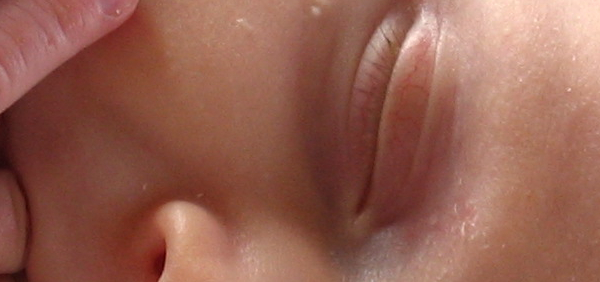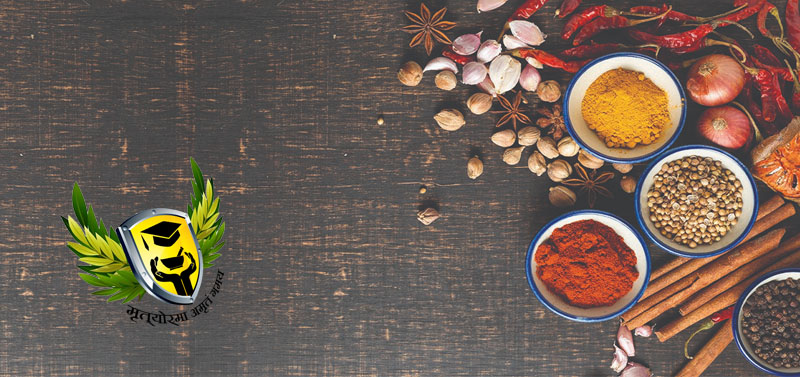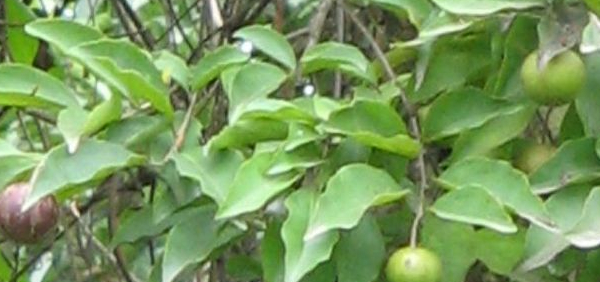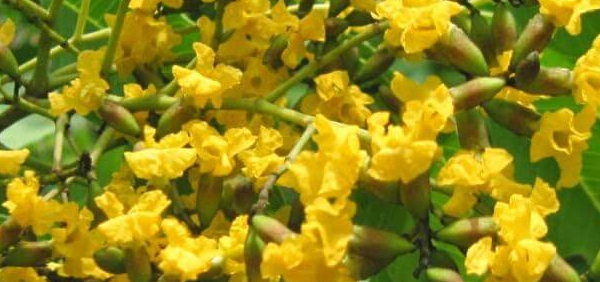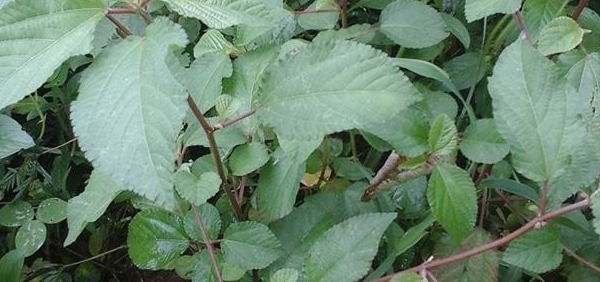yashtimadhu :
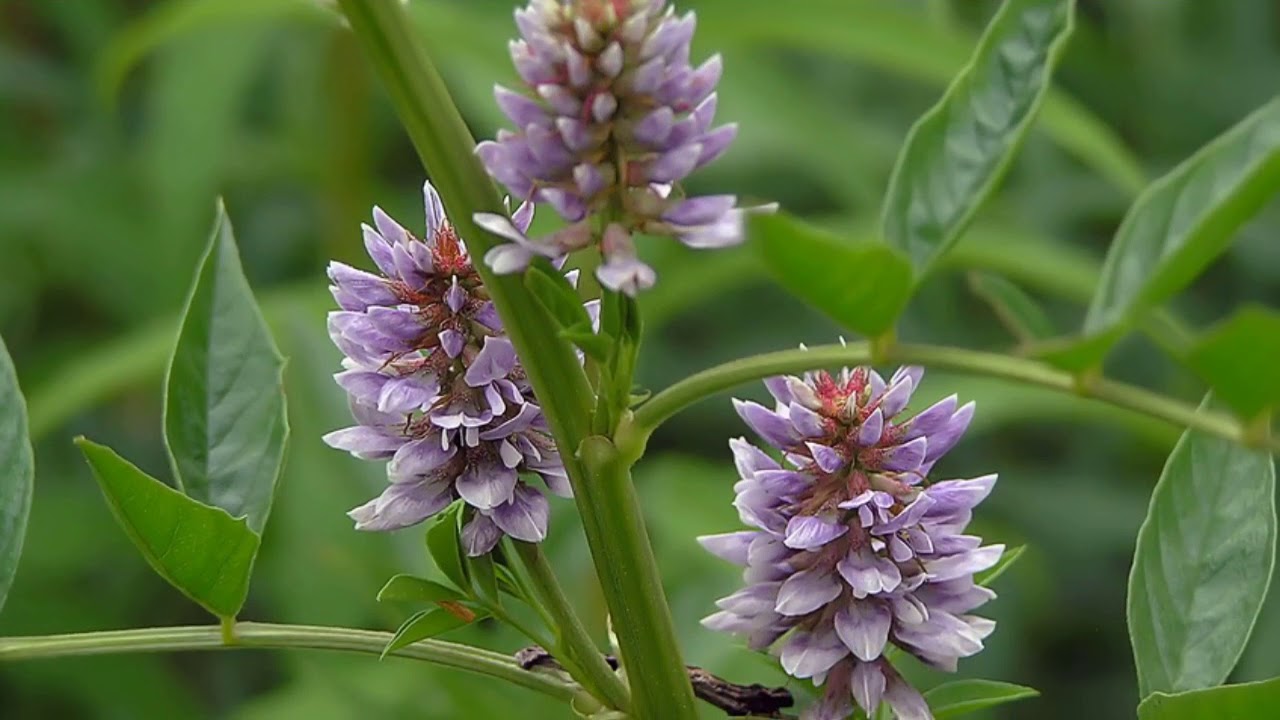
General Use:
·
It is known to be an
effective herb to resolve the respiratory complications. It acts as the
wonderful emollient and it has the soothing effects on the throat as well as
pharynx. Hence the use of this herb is quite good in the treatment of a cough,
hoarseness of voice, chest congestion, sore throat, bronchitis, chronic
bronchitis, and whooping cough. This herb helps to boost up the immune system
and plays an important role in the treatment of asthma and various allergic
reactions in the body.
·
Roots of this herb
support the good health of digestive system. This herb helps to lower down the
acid levels in intestine. It is quite good to manage the problem of the
indigestion and heartburn. Hence the use of this herb is quite effective in the
treatment of gastrointestinal disorders like Irritable Bowel Syndrome (IBS),
duodenal ulcers, peptic ulcers, and gastritis.
·
This herb supports the
good health of the liver and also enhances the bile secretion. Moreover, this
herb helps to lower the cholesterol levels in the body too.
·
This herb is good for
the treatment of hypothyroidism. It helps to increase the secretion of thyroid
hormones. Furthermore, this herb also helps to manage the hormonal imbalances.
·
Roost of this herb
contains a substance which prevents the conversion of testosterone into
dihydrotestosterone. Dihydrotestosterone is the hormone which stimulates cell
division in the male prostate gland. Hence this herb is quite good to reduce
the size of the prostate gland and also helps to manage the symptoms associated
with benign enlargement of the prostate.
·
This herb is packed with
anti-microbial activities. Hence it boosts up the bodys immune system. It also
increases the bodys ability to fight against the various viral and bacterial
infections. Anti-fungal properties of this herbs are quite good in the
treatment of athletes foot.
Therapeutic Uses:
|
Allergy |
Allergic rhinitis or hay fever |
|
Brain
& Mind Health |
Depression, emotional stress, memory loss |
|
Digestive
Health |
Acidity, Chronic Gastritis, Canker sores, Constipation, duodenal ulcer, gingivitis, heartburn, indigestion, peptic ulcer, mouth ulcer, tooth decay, Ulcerative colitis, hepatitis and inflammation
of gallbladder, |
|
Heart
Health |
High Cholesterol level |
|
Hormones |
Addison’s disease |
|
Joint,
Muscle & Bones |
Arthritis, Bursitis, Fibromyalgia, Gout |
|
Respiratory
Health |
Cough, Asthma, Bronchitis, |
|
Skin
& Hairs |
Baldness, Eczema, Psoriasis, |
OTHERS
|
General
Indications |
General debility, Chronic Fatigue, Physical exhaustion |
|
Infections |
Athlete’s foot, Intestinal infections,
Conjunctivitis, sore throat |
|
Women
Health |
Menopause, Excessive uterine bleeding, |
|
Men
Health |
Prostate enlargement |
Systemic Use:
The main beneficial effects of Mulethi (Yashtimadhu) are on digestive system and respiratory system.
It helps in relieving gastric symptoms
such as heartburn, burning sensation in the abdomen, peptic and duodenal ulcer,
abdominal colic, GERD and chronic gastritis.
Administration:
1. It is
mainly used in the form of powder, may be used in the amount range from 5 to 6
grams per day.
2. It is
also used in the form of concentrated extracts may be used in the amounts
ranging from 250–500 mg three times a day.
3. People
also enjoy Licorice tea. It has pleasant taste and no need to add sugar.
Yashtimadhu Powder - Twice Daily with Water, Lukewarm Milk
or as recommended by physician
·
Best Time to Take:
Before Meal in abdominal diseases like gastritis, ulcer etc.
Pharmacological:
1. Anti-tussive & expectorant activity
2. Antioxidant activity
3. Skin lightening and skin tightening activity
4. Anti-inflammatory activity - Liquorice has powerful
anti-inflammatory and anti-allergic activity and
· can be used to treat chronic inflammation like rheumatic
problems & arthritis, skin diseases and autoimmune diseases.
· It is also used for preventing any inflammatory conditions
related to eye and
· also to treat
conjunctivitis with the help of glycyrrhizin activity that counteracts negative
effects caused by cortisol.
5. Anti-viral effects
6. Anti-fungal activity - Roots of mulethi are very effective
in protecting against virus, bacteria and fungi due to the presence of
Glycyrrhizin that blocks the microbial growth.
7. Anti-bacterial Activity
8. Anti-malarial activity - The root extract possesses the power to
control malaria (as per preliminary research), influenza and also helps in the
treatment of herpes resulting in virus suppression and severity of sores.
9. Anti hyperglycemic activity
10. Immuno stimulatory
effects –
·
Root extracts of mulethi
aids in increasing the production of lymphocytes and macrophage thereby
improving your defense mechanism & preventing microbial attack.
·
It also helps in
minimizing immune related allergic reactions and autoimmune complications.
11. Memory enhancing
activity –
·
Roots of licorice exert
supportive effect on the adrenal gland and thus indirectly aid in stimulating
the brain.
·
It not only decreases
the effects of amnesia & improves learning but its antioxidant property
(mulethi contains flavonoids) renders a shielding effect on the brain cells.
12. Hepatoprotective
activity –
·
Licorice is one of the
most common traditional remedy used to treat jaundice.
·
Its antioxidant property
is the key for preventing your liver from the action of free radicals and toxic
materials.
·
This herb is also
reported to exhibit protection against diclofenac induced toxicity and also, in
inhibiting damage of liver.
13. Anticoagulant - Glycyrrhizin
is the first plant based inhibitor of thrombin.
·
It is found to prolong
the thrombin and fibrinogen clotting time.
·
It also increases plasma
recalcification duration.
· Glycyrrhizin causes inhibition in thrombin induced platelet aggregation
14. Hair growth stimulatory activity - The hydro-alcoholic
extract of liquorice showed good hair growth promoting activity.
- » Classification and names of yashtimadhu
- » Synonyms and definitions of yashtimadhu
- » Drug Properties of yashtimadhu
- » Chemical Constituents of yashtimadhu
- » Standardization of yashtimadhu
- » Parts used and Dosage of yashtimadhu
- » Morphology and Histology of yashtimadhu
- » Distribution and Conservation of yashtimadhu
- » Cultivation of yashtimadhu
- » yashtimadhu in the market
- » Medicinal Uses of yashtimadhu
- » Researches and clinical trails of yashtimadhu
- » yashtimadhu in other sytems of medicine
- » Ayurvedic formulations with yashtimadhu
- » Images of yashtimadhu


